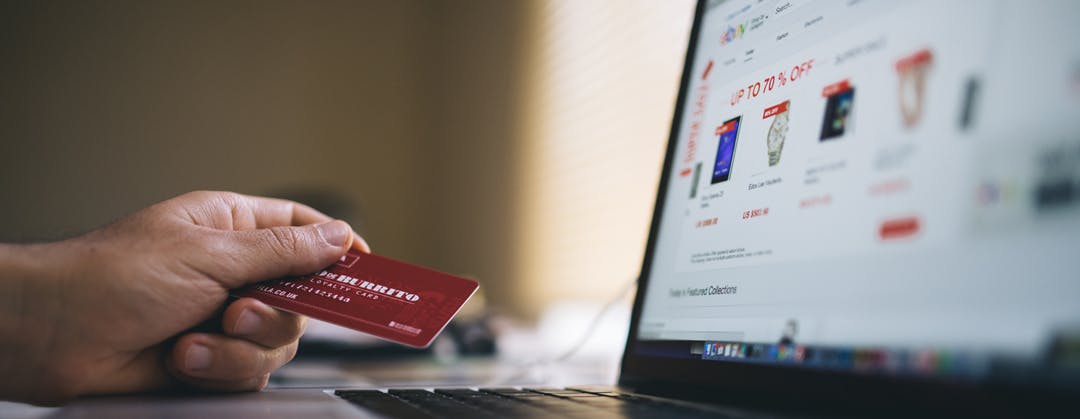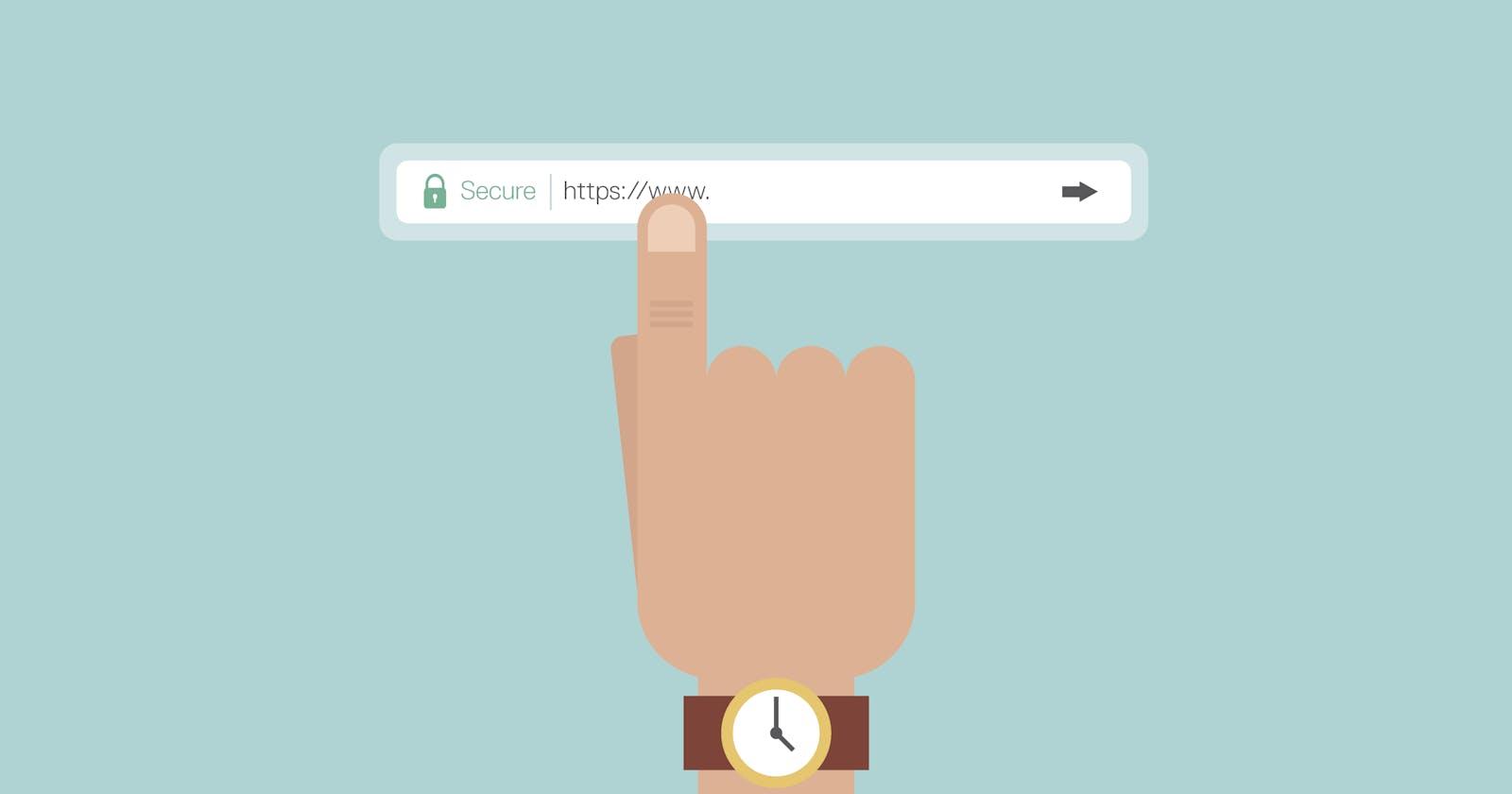This blog post was originally written for LegRoom Agency and was published in June, 2017.
When we shop at local stores, we know who we’re dealing with – we see the products and we see the staff. We can form an opinion on a store at face-value. We do what we were always told not to do as a child – judge a book by it’s cover.
We’re protected by our rights as consumers, knowing that if something is wrong with anything we’ve purchased, we can return or exchange it. But when it comes to online shopping, we have no reliable way of knowing who owns the website, where our money will be sent, or whether we’ll receive our order at all.
In an ideal situation, we want to see proof of identity. We want to know that someone will be accountable if something goes wrong. We want to know that our personal information is protected and won’t be intercepted. And this is where SSL certificates come into play.
A SSL Certificate, or Secure Socket Layer Certificate, allows the website and the browser to communicate securely. The certificate comes with a key pair: a public and a private key, which work together to establish a secure and encrypted connection between a website and a browser. The certificate also contains a ‘subject’, which is the identity of the certificate and website owner.

Why do you need an SSL?
If you’re running an online business or creating a website which captures sensitive information (such as passwords, payment information, etc.), you’re going to want potential customers to feel confident in entering their personal information.
Having an SSL Certificate tells users that your website is a trusted environment. If we’re unable to judge a store at face value, the SSL Certificate is the online equivalent – you want your customers to know that you value their security and are serious about protecting their information.

